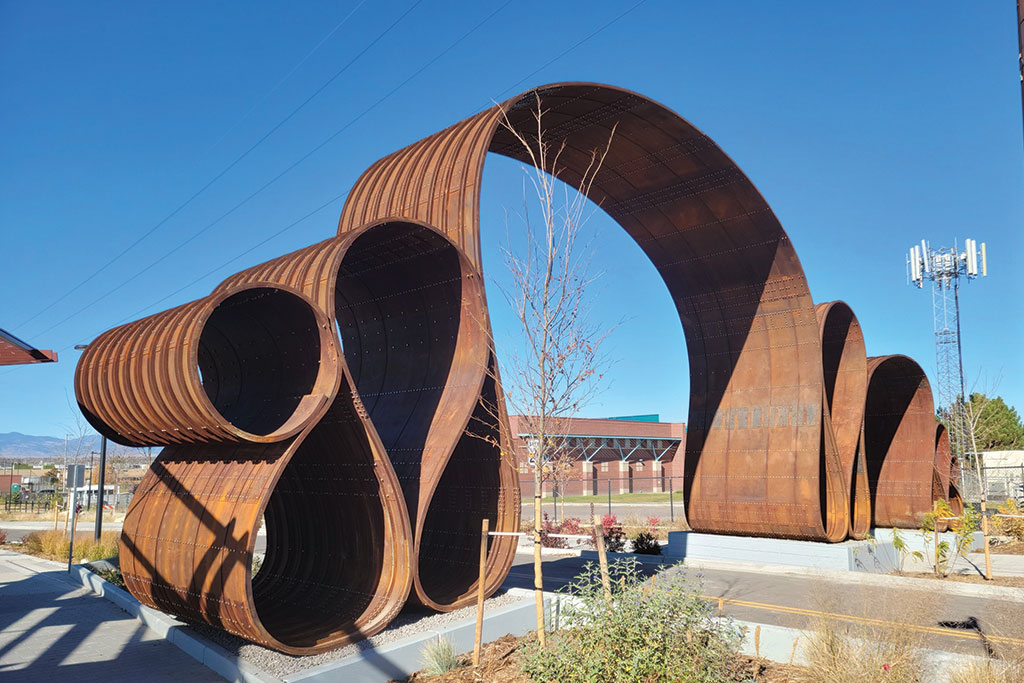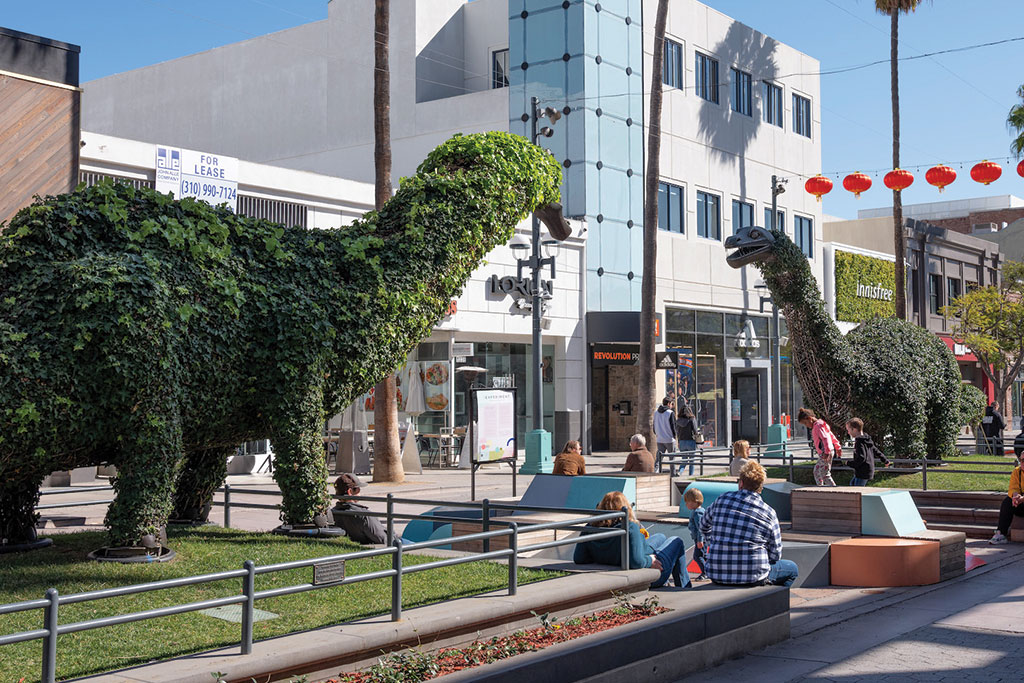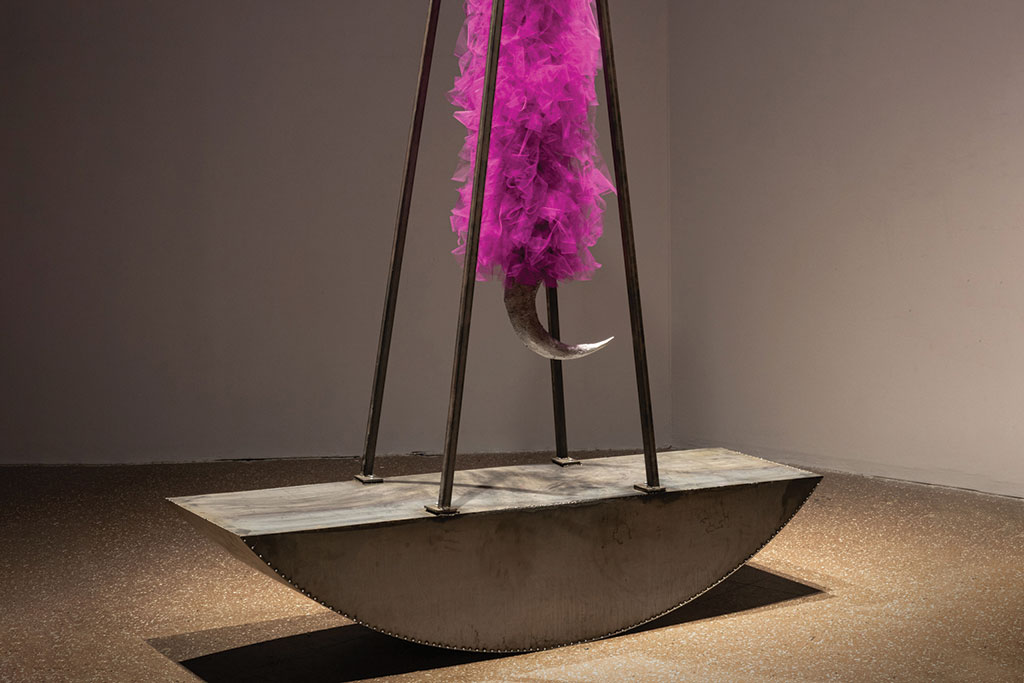Photography as noted
When you think of “the arts,” you might recall a single static object like a painting in a museum. But the arts don’t exist in a vacuum.
They are broad, impactful, diverse, and of utmost value to communities across the nation, enriching our lives and representing segments of American culture. Thankfully, organizations like the Western States Arts Federation (WESTAF) work hard to bolster artists and arts institutions, making these works available to all.

A mission for creativity
Founded in 1974, WESTAF is one of six major regional arts organizations in the country. It covers the largest area, operating in the western states and various US territories. As its mission statement indicates, “WESTAF weaves technology, diverse thought leadership, and innovation to energize, network, and fund public sector arts agencies and communities.”
In other words, the organization encourages broad artist success and arts preservation. It conducts this work via three main departments: Web Services for the Arts (WSA), Equity, Social Responsibility, and Inclusion (SRI), and Alliances, Advocacy, and Policy (AAP). Each of the members and services within these realms helps advance particular creative interests.
Web Services for the Arts
This division connects artists and art enthusiasts with work opportunities and provides helpful tools that arts organizations across the country can utilize to manage industry tasks. These include mobile-optimized websites that offer low-cost or free solutions for hosting and accessing art submission requests, grants, and public art collections. WESTAF’s paid web services are fundraising tools that help the organization as a whole reinvest in other art programs.
These platforms also provide digital social networks for nationwide arts opportunities outreach. With the organization’s help, artists, galleries, and other arts organizations can market their work to a much broader audience.
Equity, Social Responsibility, and Inclusion
WESTAF began its “equity journey” as a formal initiative in 2000 and has since become an advocate for cultural equity, focusing heavily on arts leadership development. To achieve these efforts, it has created a diverse network of leaders aspiring to advance underrepresented artist demographics within their communities. Its SRI division aims to provide equity-centered creative learning experiences and funding opportunities, connecting and inspiring artists, leaders, and communities to build a wholly inclusive arts and culture sector. It works with a wide variety of communities, including active-duty military personnel, veterans, people of color, low-income individuals, and aging adults.
Recently, SRI launched the Black, Indigenous, and People of Color Artist Fund to advance the careers of BIPOC artists living and working in WESTAF’s region. The program helps provide generous funding and project support, prioritizing lifting up communities in need across the western region. This involves improving diversity in artist grants, which assists artists of color in accessing the necessary funds to fuel their creative projects.
Alliances, Advocacy, and Policy
According to Leah Horn, director of marketing and communications for WESTAF, “the AAP division connects, coordinates, and mobilizes a nationwide network of artists, administrators, public officials, and influencers.” This network includes career artists and their fervent supporters who drive awareness of arts-related policy issues. It has worked hard to support arts-friendly legislation and offer more artistic enrichment to the public.
For example, in February 2023, AAP members convened the annual Arts Leadership and Advocacy Seminar in Washington, DC, alongside other creative organizations. The event featured a series of interactive discussions with speakers and arts-field experts to advocate for pro-arts policy. Participants also met with members of Congress to discuss important issues in their cultural communities.

WESTAF’s notable projects
Because it has such a broad and impactful range of services, WESTAF is continuously identifying ways to generate positive change for artists and their communities. Here are two chief examples of how it has achieved this in recent years.
Recharge the Arts
The WSA program known as Call for Entry (CaFÉ) offers artists tools to search and apply for opportunities to showcase their work, including exhibitions and galleries, promotes artists’ work, and highlights industry topics on its website. In 2022, it organized such a project called Recharge the Arts, for which it interviewed and shared the stories of five artists—from a pool of thousands of entries—whose work had been inspired by worldwide events.
Independent Artist Podcast
Another recent WESTAF project is courtesy of its ZAPPlication service, which provides technology solutions to art fairs and festivals throughout the country. The service helped sponsor the Independent Artist Podcast, a show that allows niche groups of creatives to connect and share stories of their lives as traveling, exhibiting artists, inspire other arts professionals, and educate the public about the industry.

Pretty Dancer (2021).
By Daniel Merkowitz-Bustos.
Photo by Daniel Merkowitz-Bustos.
The Public Art Archive
One key program that WESTAF has sponsored, the Public Art Archive (PAA), operates under the mission “to make public art more public.” This service acts as the ultimate digital public art resource for professionals, such as art curators, historians, researchers, and urban planners, as well as art enthusiasts and tourists. It delivers rich background stories about public artworks like sculptures and street art across the nation, lifting them up as “dynamic, interconnected keepers of history.” The PAA’s newly redesigned site makes engagement with local art more accessible and attainable, especially to those who are not directly involved in the arts field.
Since the program’s founding in 2010, the PAA has become one of the largest interactive databases of public art in the nation, documenting over 20,000 artwork records representing work from over 13,000 artists and creative collaborators. Featuring interactive maps and driving/walking directions to all cataloged artworks, the PAA is an open invitation for visitors to explore and examine public art across the country.
Additionally, the PAA aims to redefine public art as more than just monumental sculptures and classical fountains. According to PAA team members Lori Goldstein and Alison Verplaetse, “The diverse works that constitute public art add value, interest, and impact to their environments and communities. They engender community pride, identity, and engagement by creating shared history, celebrating cultural heritage, providing social commentary, or creating sites of placemaking.” In that way, street art and other less classical works are seen as equally culturally significant. To help promote this view, the PAA provides a platform for artists at all levels of training—or prestige.
It also affords resources for independent artists and arts organizations to showcase their work to the public absolutely free, increasing their outreach and publicizing their projects. And just as WESTAF’s “equity journey” indicates, the PAA functions from the perspective that public art is an expression of the unique identities of all people. For example, its program leaders engage in continued outreach to foster the work of rural, BIPOC, and LGBTQ+ artists and those with disabilities. In doing so, the organization helps promote and preserve these essential perspectives in the public art canon.
Whether you are an artist, arts organization member, student, passionate arts enthusiast, or cultural tourist, there are many free resources available to you through WESTAF’s network of services. With its continued work, those who are involved in or appreciate the arts can enjoy a bevy of enriching opportunities.
For more info, visit westaf.org and publicartarchive.org